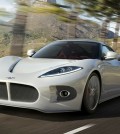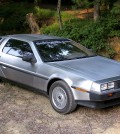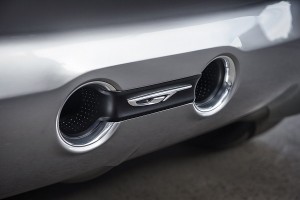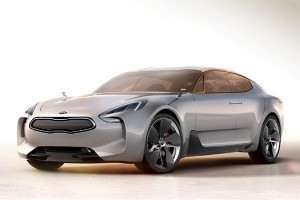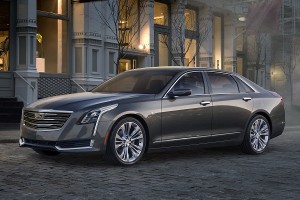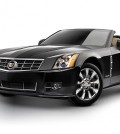The F-150′s EcoBoost Engines are Getting an MPG Tweak
The Ford F-150 continues to break and reshape the mold of pickup trucks. First came its range of EcoBoost engines that made V-6 powerplants in pickups useful again. Then it became the first pickup to offer an aluminum body. The latest addition to its mold-breaking trends was the addition of standard start-stop technology on its 2.7-liter EcoBoost engine. Today, Ford announced that it will expand the start-stop system to other versions of the pickup.
» Related: Video Evidence Proves That a Diesel F-150 is in the Works
Starting in the 2017 model year, each and every F-150 equipped with an EcoBoost engine will gain this fuel-saving technology. This includes the upcoming, performance oriented F-150 Raptor. With the broadening this technology and the popularity of the EcoBoost engine, Ford estimates that up to 60 percent of the F-150 lineup will feature start-stop tech.
The F-150’s start-stop technology isn’t like every other on in the market, as it is tuned specifically for pickup trucks. To make it as useful and non-intrusive as possible, the F-150 turns of this feature when the drive puts the truck in towing mode or four-wheel drive. When it is active, the engine shuts down once the F-150 is at a stop and fires back up once the drive releases the brake pedal.
There have been complaints that this system is a little rough in the F-150, which is expected given its higher ride and suspension that is tuned for hauling, but most drivers have adapted to it. My only concern with this system is the same as it’s always been: what happens when it fails? Starters and batteries can fail without warning, which could leave the truck stuck at an intersection further down the road. I only hope that Ford has built in a system that can sense developing issues and disable this the start-stop system preemptively.
There is no mention as to when Ford plans to release the 2017 F-150s, but it should be soon. Stay tuned for additional details.




